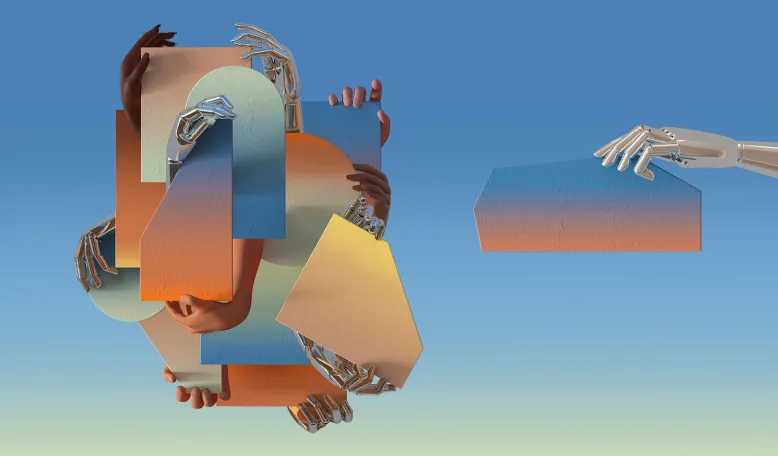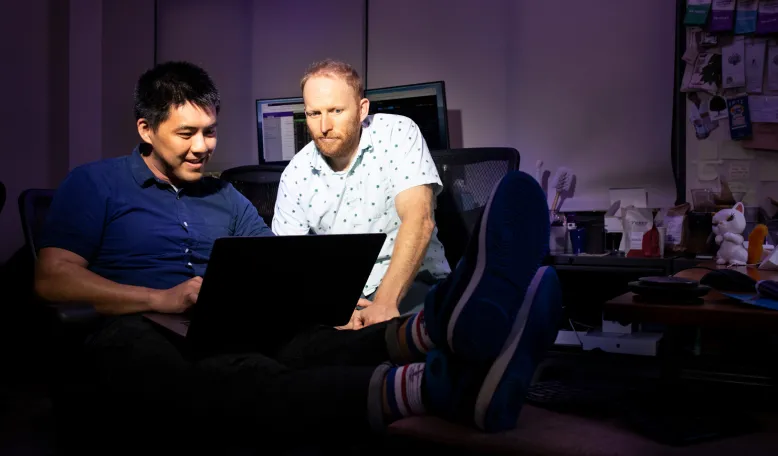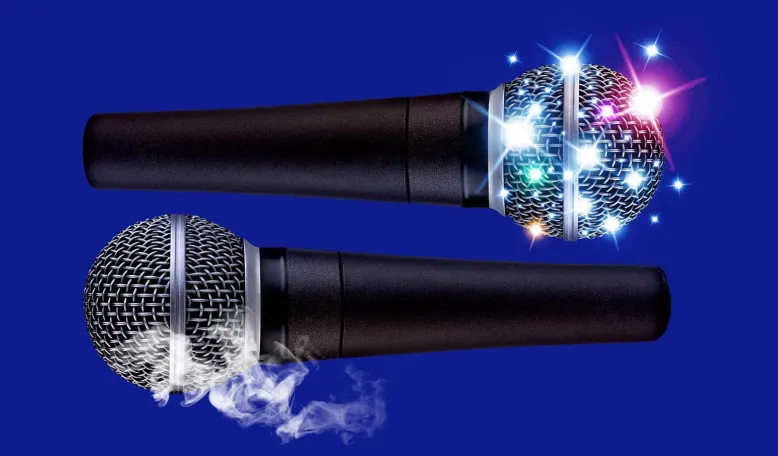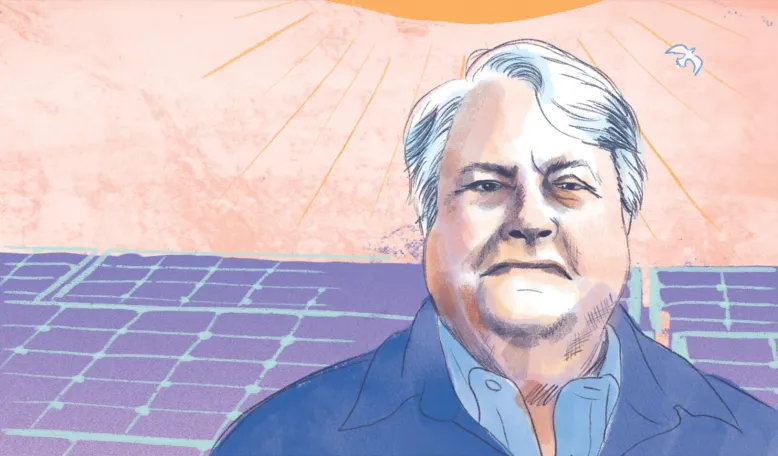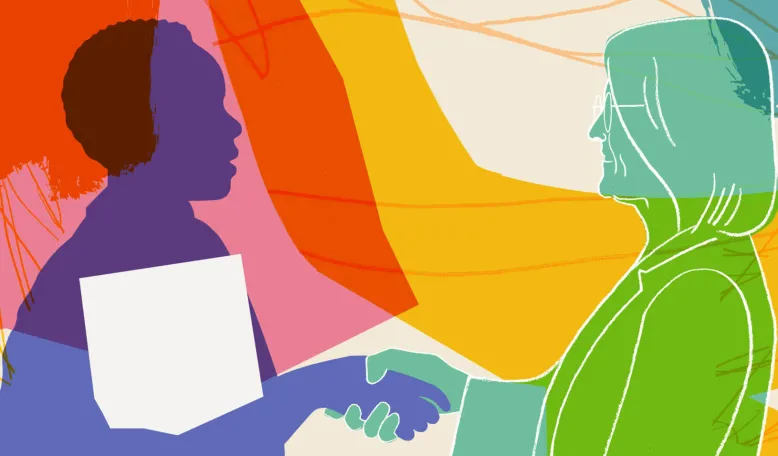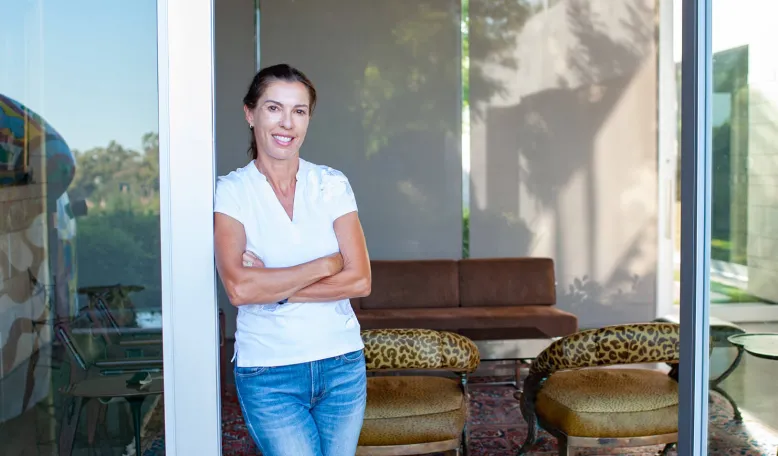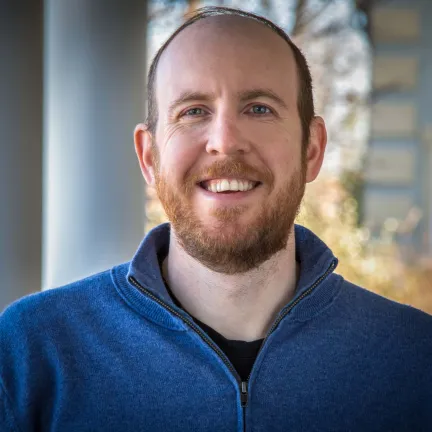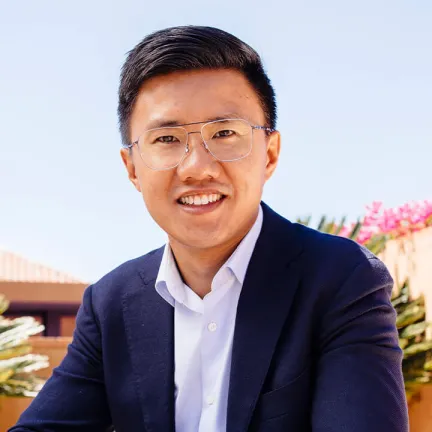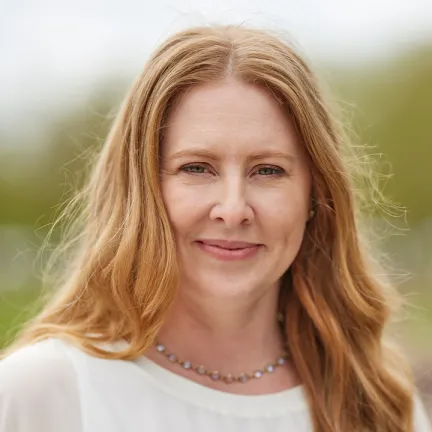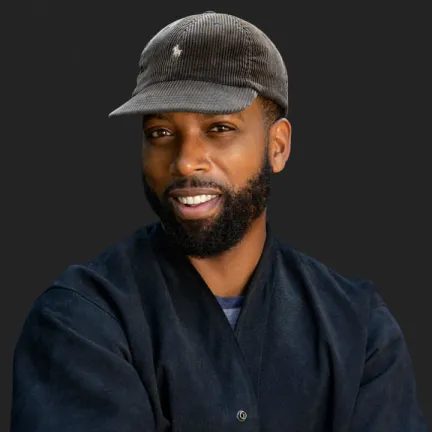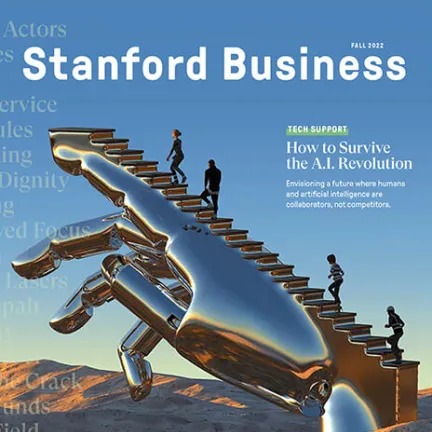Explore the Fall 2022 issue of Stanford Business — and see how people from all corners of the Stanford GSB community are coming together to change lives, organizations, and the world.
Campus illustration by Sam Kalda
How to Survive the A.I. Revolution
A human-centered approach to artificial intelligence envisions a future where people and machines are collaborators, not competitors.
The DARC Arts: How the Wizardry of this Computer Group Helps Enable Research
When faculty need a hand unlocking data, this is who they call.
Diana Kapp, MBA ’96: What Matters to Me Now and Why
“I craved becoming a message-maker rather than a messenger.”
Thinking Inside the Box: Why Virtual Meetings Generate Fewer Ideas
For creative collaboration, sometimes you can’t beat a face-to-face meeting.
Pulling Back From Polarization
The political divide seems wider than ever. How citizens, leaders, and organizations can begin to bridge the gap.
What Separates the Hitmakers from the One-Hit Wonders
An analysis of 3 million songs explores the question: Is it better to churn out than to fade away?
Catalyst: Empowering Rural America
Leo Guzman’s company is switching electric cooperatives from coal to clean energy.
We Don’t Like Domineering Bosses. So Why Do We Put Up With Them?
When confronted with a controlling, aggressive leader, people “have more power than they think they do,” says Deborah Gruenfeld.
Foreign Exchange
From Malaysia to Milan, students who took part in the Global Management Immersion Experience over the past summer report back on what they’re bringing home.
Peer to Peer: How to Beat Ageism in the Job Market
Elizabeth Atcheson, MBA ’86, offers advice to people over 50 looking for a career change.
Hard Lesson: Don’t Apologize for Saying Sorry
Dominique Mielle, MBA ’98, recalls how a hasty email led to an “Oscar-worthy” act of contrition.
Cupid’s Code: Tweaking an Algorithm Can Alter the Course of Finding Love Online
A few strategic changes to dating apps could lead to more and better matches.

Maker Wine
“Maker” is an ongoing series using annotated photos to tell the stories of manufacturing businesses overseen by Stanford GSB alums.
The cofounders of Maker Wine take a canny approach to wine — explore the canning process in action.
Watch More
Office Artifact: Ashley Martin’s Painted Rocks
What a rock named Roxanne can teach us about the “stickiness” of gender.
Back to Class: Creativity Workout
This Stanford Executive Program course used virtual reality to help business leaders embrace an “improviser’s mindset.”
How To: Use a Scorecard to Evaluate People More Fairly
A written framework is an easy way to hold everyone to the same standard.

Spot illustrations by Álvaro Bernis
Voices
Alumni
Faculty
Alumni
Alumni


